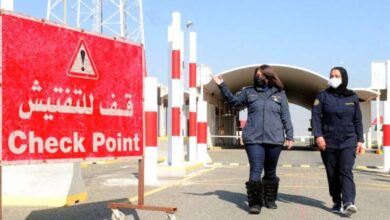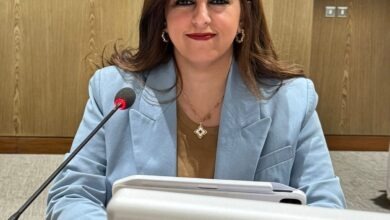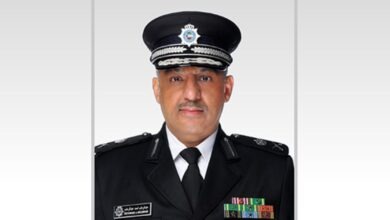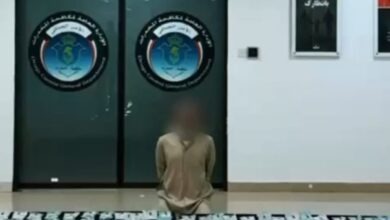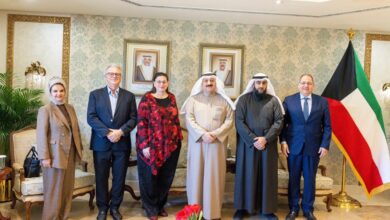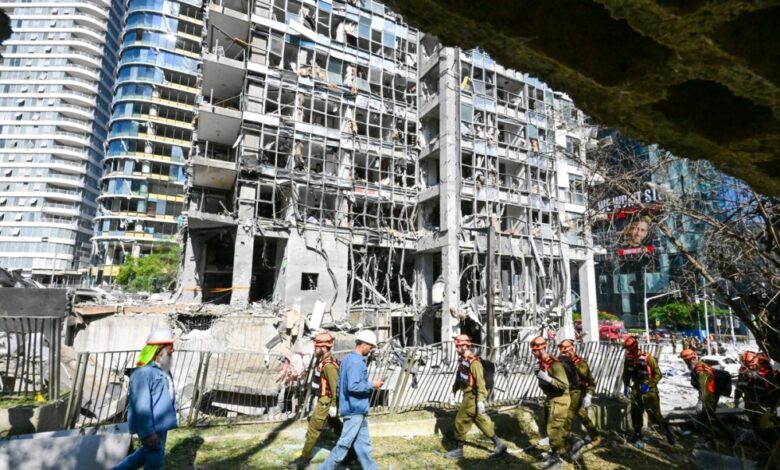
As the Iran-Israel conflict intensifies into its second week, today’s negotiations in Geneva between Iranian Foreign Minister Abbas Araqchi and his French, British, and German counterparts could be vital in determining whether U.S. President Donald Trump will commit American forces to the escalating war. The diplomatic efforts coincide with heightened military action across the region, deepening fears of a broader Middle East conflagration.
Amid ongoing U.S. troop withdrawals from Iraq and other regional bases, Iran has responded to Israeli strikes with a powerful missile barrage targeting Israeli cities, including Tel Aviv and Beersheba. The, CNN quoted a European diplomatic source as describing the Geneva talks as “exploratory,” conducted in consultation with the Trump administration. The discussions are expected to assess Tehran’s willingness to accept Washington’s latest demands — halting uranium enrichment and limiting missile capabilities.
Inside the White House, discussions are intensifying. President Trump received a classified briefing regarding options for striking Iran. According to Axios and Bloomberg, the Pentagon has prepared multiple scenarios, including potential strikes scheduled as early as next week. Trump reportedly seeks assurance that any military engagement will decisively destroy Iran’s nuclear infrastructure without dragging the U.S. into a prolonged conflict.
Defense Secretary Pete Hegseth has already delegated broad authority to CENTCOM Commander Michael Kurilla, a hawk on Iran, granting him operational flexibility to act swiftly if needed. Politico reports that Kurilla now plays a central role in guiding U.S. responses, often bypassing other senior Pentagon figures.
Iran’s missile attacks—dubbed the 14th phase of Operation True Promise 3—used advanced “Khorramshahr-4” and “Sijil” missiles and suicide drones to hit multiple Israeli targets. These included the Tel Aviv Stock Exchange, Beersheba’s military intelligence center, and residential buildings in Holon. Israeli authorities reported 271 injuries, including six in critical condition.
The missile that struck near Soroka Hospital prompted outrage from Israeli officials, who labeled it a “war crime.” Iran countered by claiming the hospital was collateral damage, with its intended target being a neighboring intelligence compound. The situation escalated further when Israel initially claimed to have bombed Iran’s Bushehr nuclear plant—home to Russian experts—prompting a stern warning from Moscow about the risk of a “new Chernobyl.” Israel later retracted the statement, calling it a mistake.
European diplomats told Reuters that U.S. Special Envoy Steve Witkoff has been in phone contact with Araqchi, exploring potential compromises, including a regional uranium enrichment consortium outside of Iran. Araqchi reportedly conveyed that Iran may show flexibility—if the U.S. can pressure Israel to halt its campaign.
Israel’s Defense Minister Yisrael Katz renewed threats to assassinate Supreme Leader Ali Khamenei, blaming him for the attacks. Prime Minister Netanyahu vowed Israel would “reshape the region,” and reportedly supported Trump’s decision “regardless of its nature.” Hebrew media reported Israel is considering targeting Iran’s fortified Fordow facility using commandos or bunker-busting bombs.
While U.S. military assets—including B-52 bombers and three aircraft carriers—continue to deploy to the region, divisions have emerged in Washington. Some of Trump’s Republican allies urge caution to avoid a new Middle East war, while others call for swift action. Trump remains undecided but has reportedly given Iran less than a week to comply with U.S. demands.
Internationally, Chinese President Xi Jinping and Russian President Vladimir Putin called for an immediate ceasefire. Putin reiterated Russia’s offer to mediate, warning of the global risks of U.S. involvement.
As diplomacy and military operations collide, the Geneva talks may serve as the last diplomatic offramp before a full-scale regional war. With the stakes rising by the hour, the world watches anxiously as leaders weigh their next moves.








